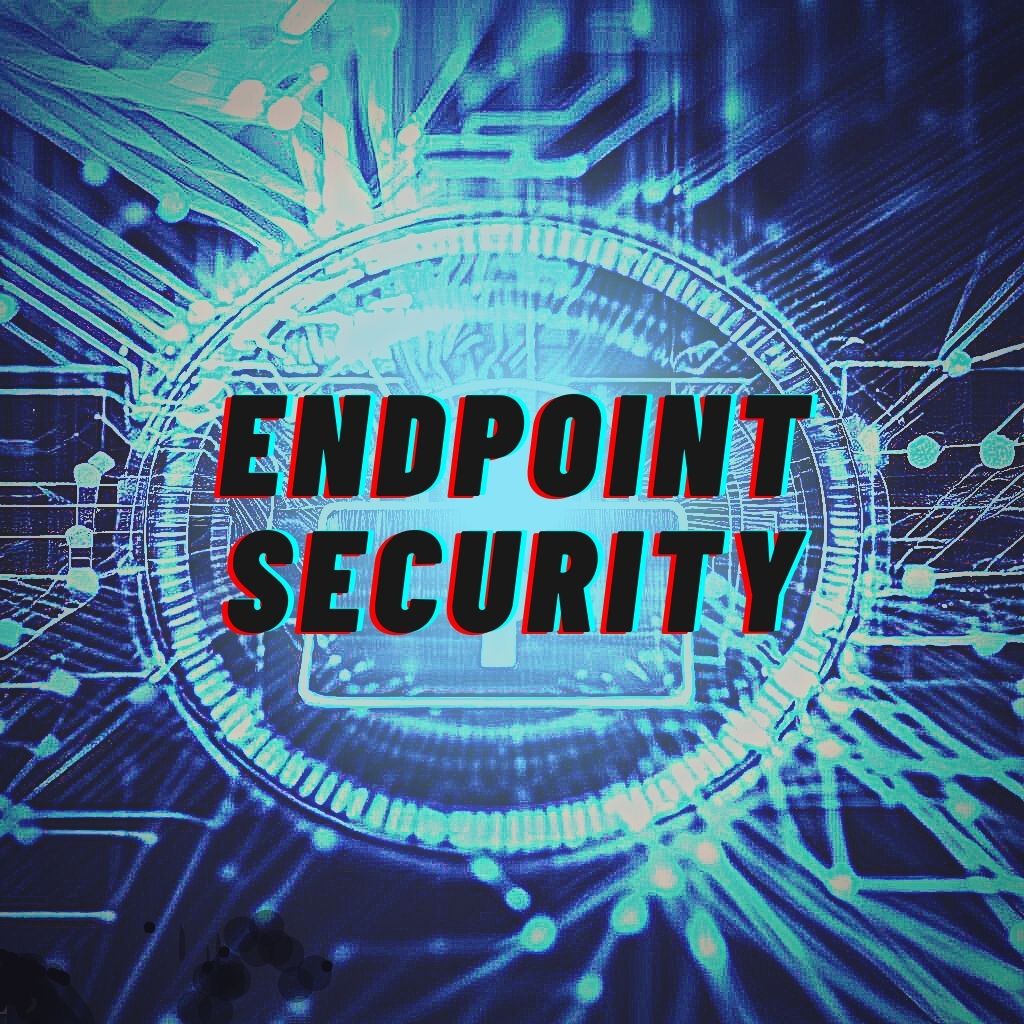Cybersecurity Essentials: What Every Business Leader Must Know
Protecting your business in the digital age is crucial! Discover the cybersecurity essentials every leader should know for a secure and thriving enterprise.
Introduction
In a world where the digital realm is increasingly intertwined with our daily lives and business operations, the importance of cybersecurity cannot be overstated. Every business leader must be well-versed in the cybersecurity essentials to safeguard their organization from the ever-evolving threats of the cyber landscape. From defending against malicious hackers to ensuring data privacy, we're diving into the crucial aspects of cybersecurity that every savvy business leader should know!
The Cybersecurity Landscape: A Digital Wild West
The digital realm can often feel like the Wild West, with cybercriminals lurking around every virtual corner. It's not a question of if your business will be targeted, but when. Understanding the landscape is the first step to protecting your enterprise.
The Rising Threats
In this age of interconnectivity, threats are constantly evolving. You must be aware of the threats that loom on the digital horizon:
-
Malware Madness: Cybercriminals are armed with a wide array of malicious software. Viruses, ransomware, spyware – the list goes on! Your data and systems are constantly at risk.
-
Phishing Expedition: Cyber attackers often employ deceptive emails and websites that mimic legitimate sources to steal sensitive information or gain unauthorized access to your systems. Falling for a well-crafted phishing scheme can be costly!
-
Insider Threats: Sometimes, the danger comes from within. Disgruntled employees or negligence can lead to data breaches. Keep an eye on who has access to your sensitive information.
The Cost of Ignorance
The consequences of overlooking cybersecurity essentials can be catastrophic for your business. Apart from the immediate financial loss, there's the erosion of trust, legal ramifications, and potential damage to your reputation.
So, what's the price tag on a cybersecurity breach?
-
Financial Fallout: The average cost of a data breach in the United States was a whopping $8.19 million in 2021! Can your business afford such a hit?
-
Reputation Ruin: A compromised data security reputation can take years to rebuild. Customers may never trust you again!
-
Legal Labyrinth: Legal battles are expensive and time-consuming. Compliance with data protection laws is a must to avoid regulatory trouble.
Cybersecurity Essentials: Fortifying Your Business
Now that we've explored the ominous aspects of the digital frontier, let's shift our focus to the essential steps to safeguard your business.
Security Protocols
Establishing robust security protocols is paramount in securing your digital assets.
Strong Passwords
Passwords are your first line of defense. Make them uncrackable!
- Use complex passwords with a mix of upper and lower case letters, numbers, and special characters.
- Implement two-factor authentication for an extra layer of protection.
Regular Updates
Keeping your software, operating systems, and security tools up to date is essential to patch vulnerabilities.
- Enable automatic updates to ensure you're not running outdated, vulnerable software.
Employee Training
Your employees are often the gatekeepers of your digital fortress. Ensure they are well-trained to recognize and respond to threats.
- Conduct regular cybersecurity training and awareness programs.
- Encourage reporting of suspicious activities.
Data Encryption
Data encryption is like putting your sensitive information in a virtual safe. Even if it falls into the wrong hands, it remains indecipherable.
End-to-End Encryption
Implement end-to-end encryption for data transmission, making it extremely difficult for unauthorized parties to intercept and understand your data.
Data-At-Rest Encryption
Data stored on your servers should be encrypted. Even if a hacker accesses the data, they won't be able to make sense of it.
Network Security
Protect your network to thwart cyber intruders.
Firewalls
Firewalls act as a barrier between your internal network and the outside world, preventing unauthorized access.
- Ensure your firewall rules are well-defined and updated regularly.
Intrusion Detection Systems (IDS)
These systems monitor your network for suspicious activities and alert you to potential threats.
- Implement real-time monitoring for immediate threat response.
Compliance: Navigating the Legal Landscape
In the complex world of cybersecurity, it's not just about protecting your business but also about following the law.
Data Protection Regulations
Various data protection regulations govern the way businesses handle customer data.
GDPR (General Data Protection Regulation)
If you operate in the European Union, GDPR compliance is essential. It mandates stringent data protection rules and hefty fines for non-compliance.
CCPA (California Consumer Privacy Act)
If your business deals with Californian customers, you must comply with CCPA, ensuring that their privacy rights are respected.
Industry-Specific Regulations
Certain industries, such as healthcare and finance, have their own cybersecurity regulations. Familiarize yourself with these and ensure compliance.
The Cost of Non-Compliance
Failing to adhere to these regulations can result in severe penalties, including substantial fines and potential legal action. Ignorance of the law is not a defense!
Cybersecurity Partnerships
Securing your business doesn't mean you have to go it alone. Partnering with cybersecurity experts can be a game-changer.
Managed Security Service Providers (MSSPs)
MSSPs are companies dedicated to providing cybersecurity services. They can monitor your systems 24/7 and respond to threats in real-time.
- Benefit from their expertise without the need for an in-house cybersecurity team.
Security Audits
Regular security audits by independent firms can help identify vulnerabilities you might have missed.
- Gain peace of mind knowing that your systems are thoroughly checked by professionals.
Conclusion
In this digital age, cybersecurity is not an option but a necessity. Understanding the essentials of cybersecurity is the responsibility of every business leader. The consequences of neglecting these essentials are severe, from financial losses to damaged reputations and legal repercussions.
To recap, here's what every business leader must know:
- The ever-evolving threat landscape, includes malware, phishing, and insider threats.
- The potentially astronomical costs of cybersecurity breaches.
- Security protocols, data encryption, and network security as essential defensive measures.
- The importance of compliance with data protection regulations.
- The benefits of cybersecurity partnerships with MSSPs and regular security audits.
By embracing these cybersecurity essentials, you can protect your business, your customers, and your reputation. Stay vigilant, stay informed, and stay secure in the digital frontier. Remember, Cybersecurity Essentials: What Every Business Leader Must Know!
Share This Post
Related Articles
How to Secure Your Wi-Fi Network: A Comprehensive Guide
Learn how to secure your Wi-Fi network effectively with this comprehensive guide. Discover the steps to change default passwords, enable encryption, and set up a strong passphrase for your home or office network.
What is Endpoint Security: Why It Matters and How to Achieve It
Endpoint security is the practice of protecting devices and networks from unauthorized access, data theft, malware, and other threats. Endpoint security solutions typically include antivirus software, firewalls, encryption, device management, and network monitoring tools. Endpoint security is essential for ensuring the confidentiality, integrity, and availability of data and systems in an organization.
New to Cybersecurity? Start Here for Expert Tips and Tricks
New to Cybersecurity? Start Here for Expert Tips and Tricks - Your ultimate guide to navigating the world of cybersecurity, from basics to advanced techniques. Learn essential skills, counter cyber threats, and become a digital superhero!
The Dark Side of Cyber Crime: a Blog About Cyber Crime
Explore the sinister world of cybercrime in "The Dark Side Of Cyber Crime: A Blog About Cyber Crime." Learn about cybercriminals, their tactics, and how to protect yourself from digital threats.
What is Social Engineering in Cyber Security?
Social engineering is a form of cyberattack that exploits human psychology and behavior to manipulate, deceive, or coerce people into revealing sensitive information or taking actions that compromise their security. Social engineering techniques can include phishing, baiting, pretexting, quid pro quo, and tailgating, among others. Social engineering attacks can target individuals, organizations, or even entire societies, and can have serious consequences such as identity theft, financial loss, data breach, or physical harm.
Related FAQ
No related FAQ.
Say Hello
To Your Dream





